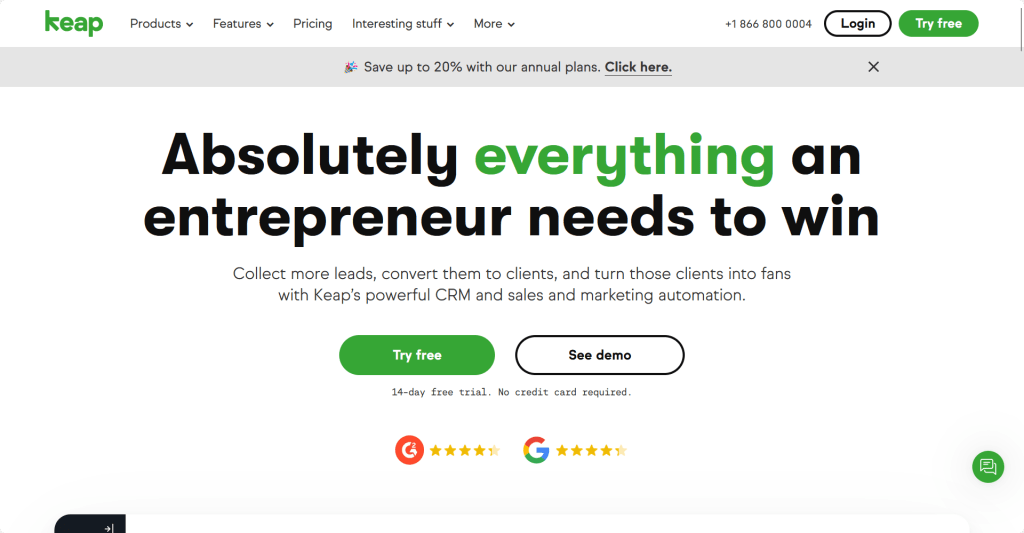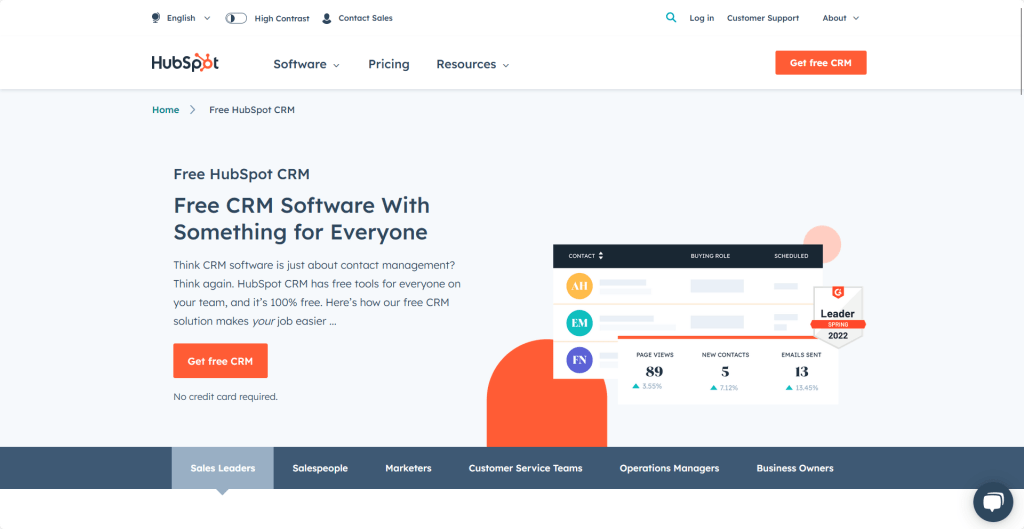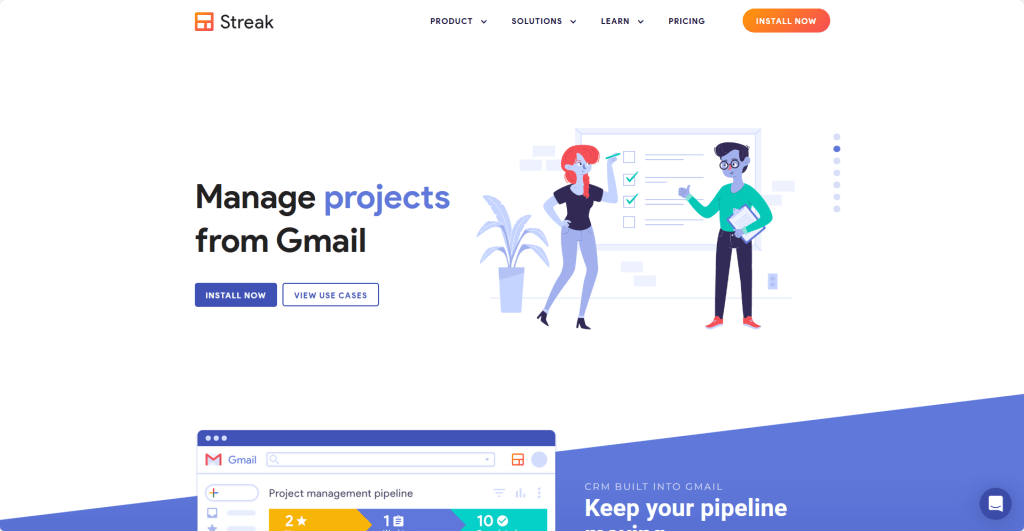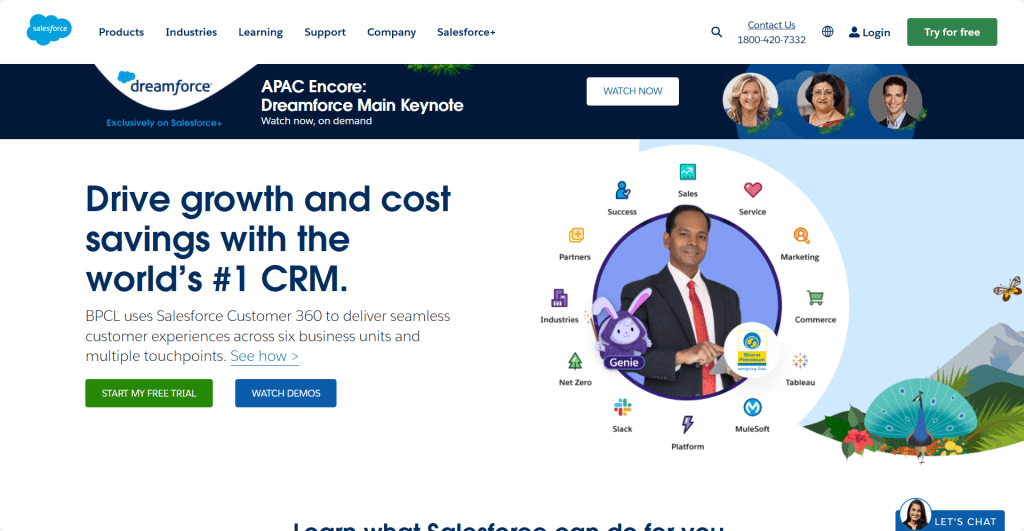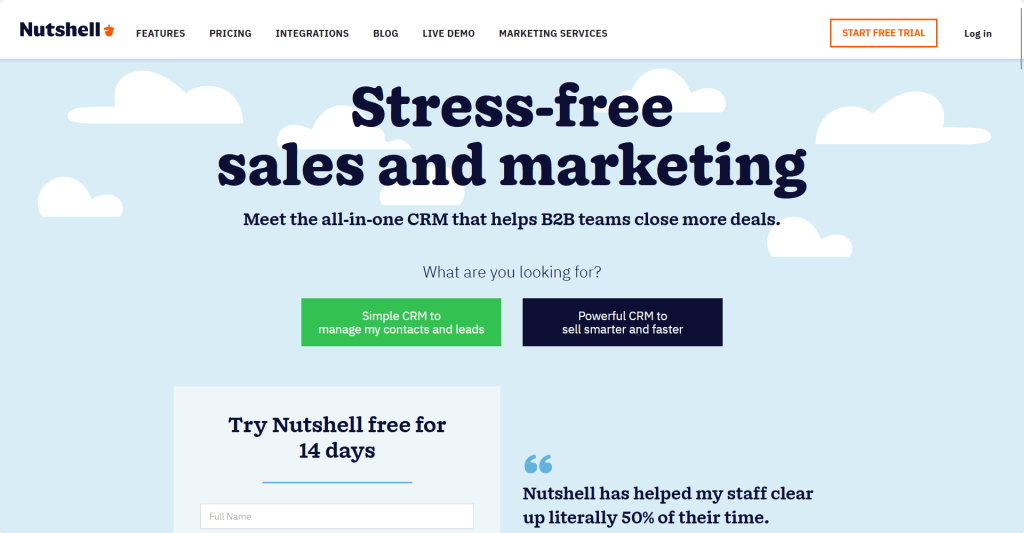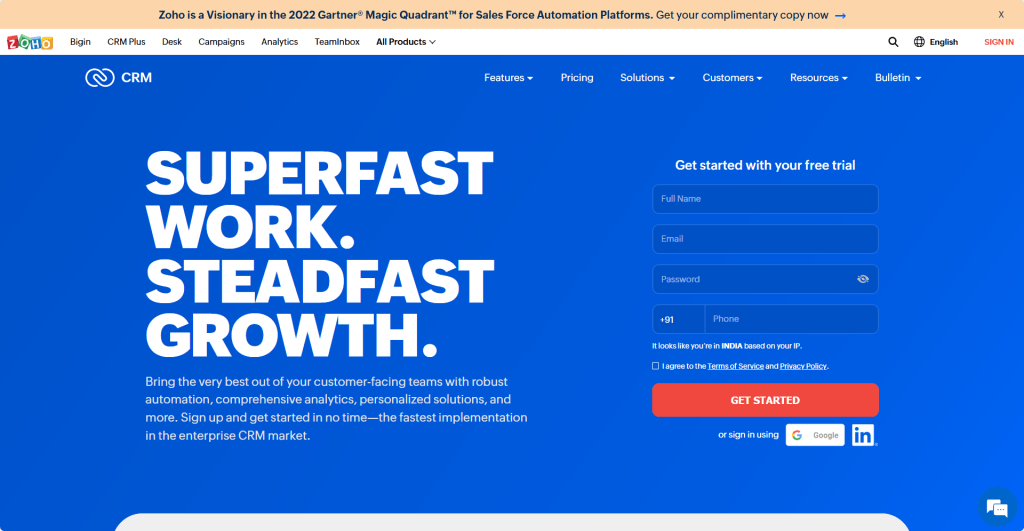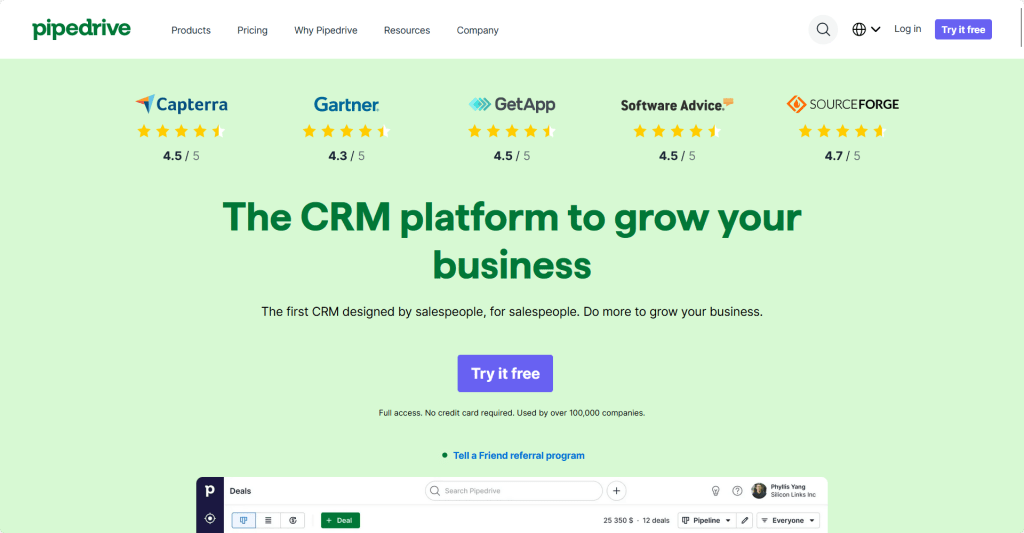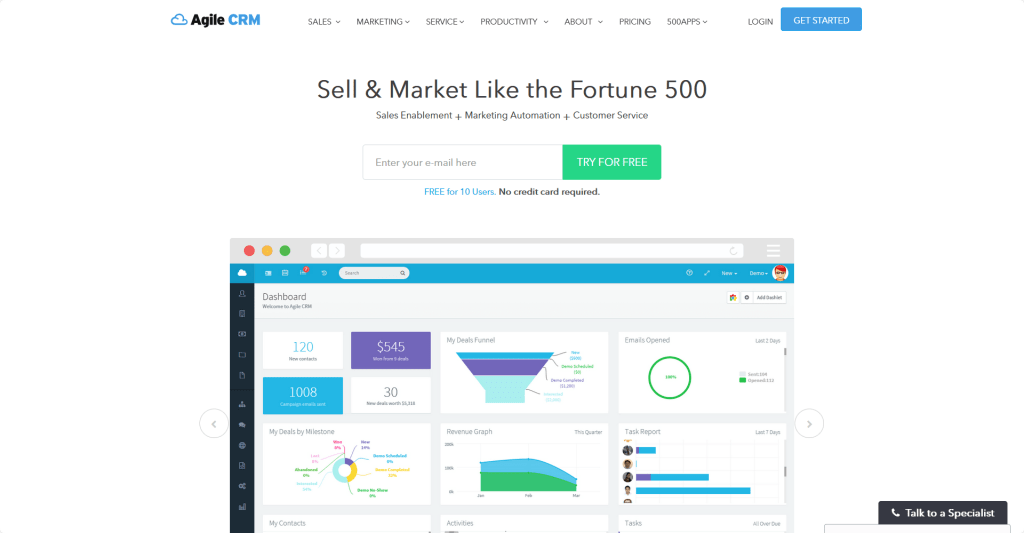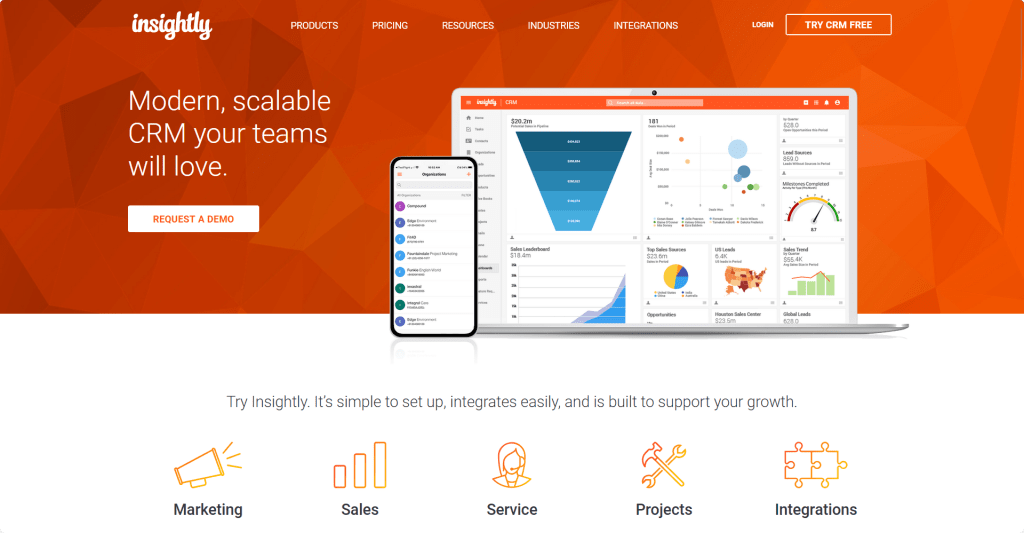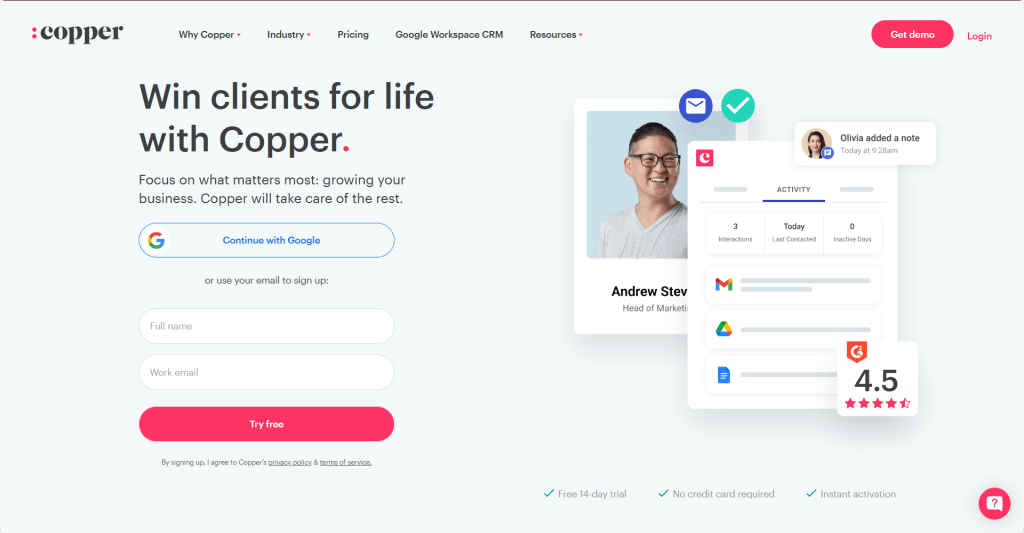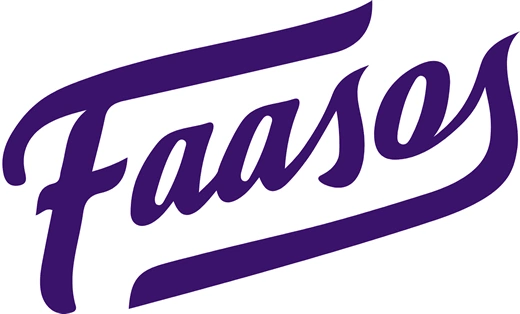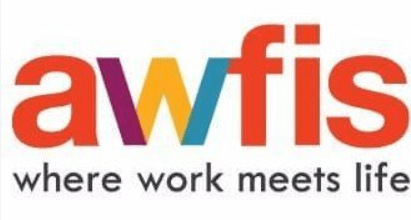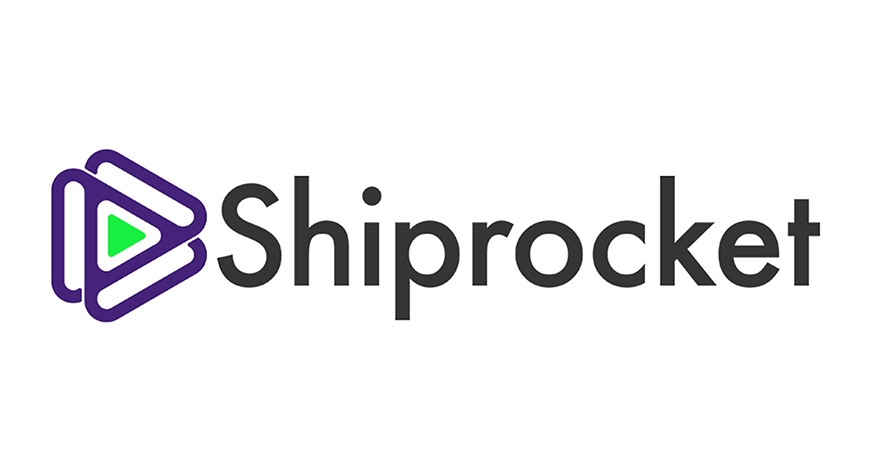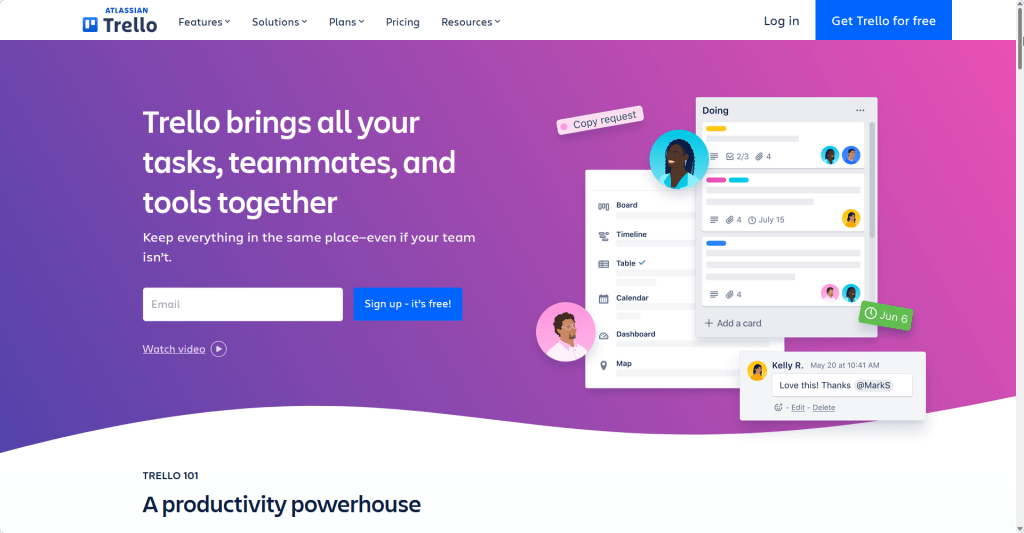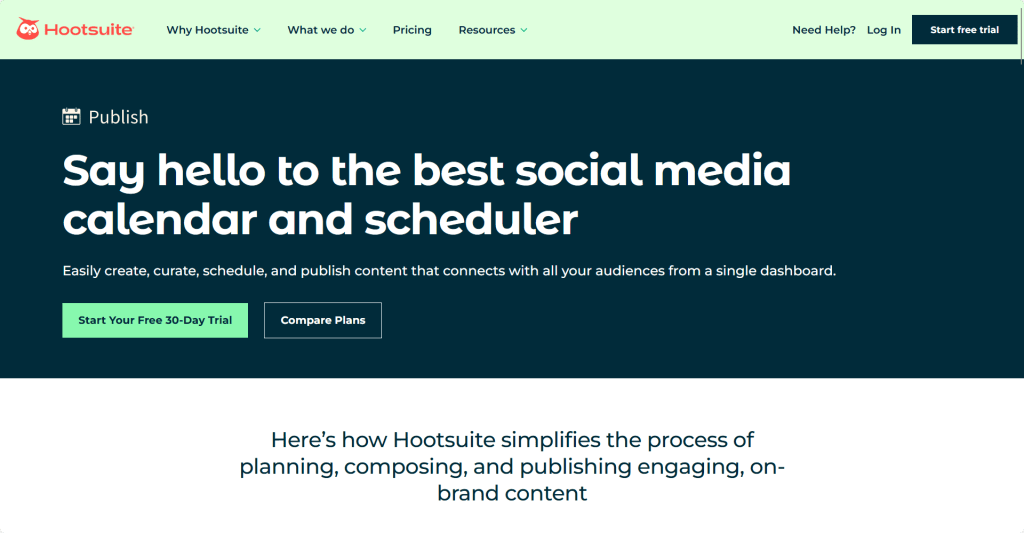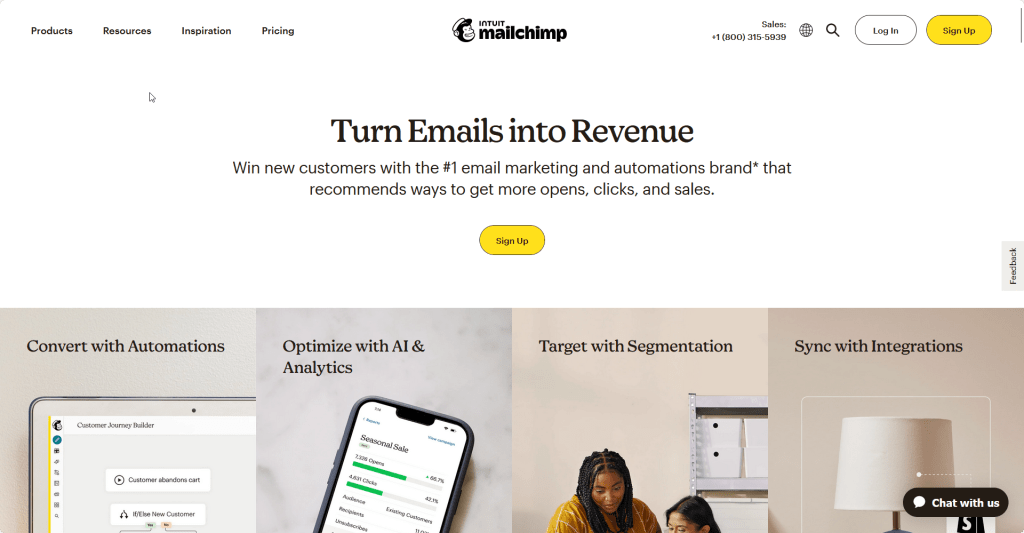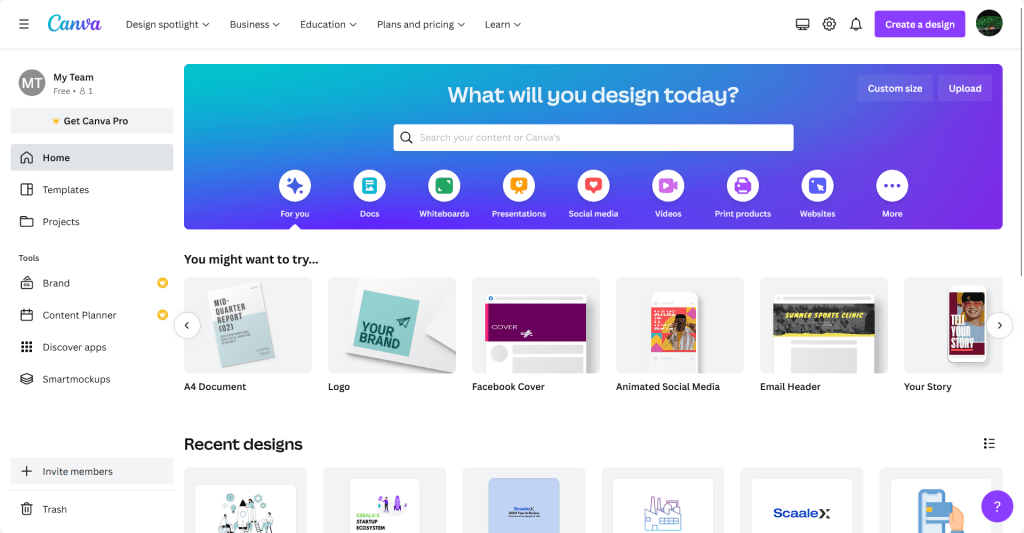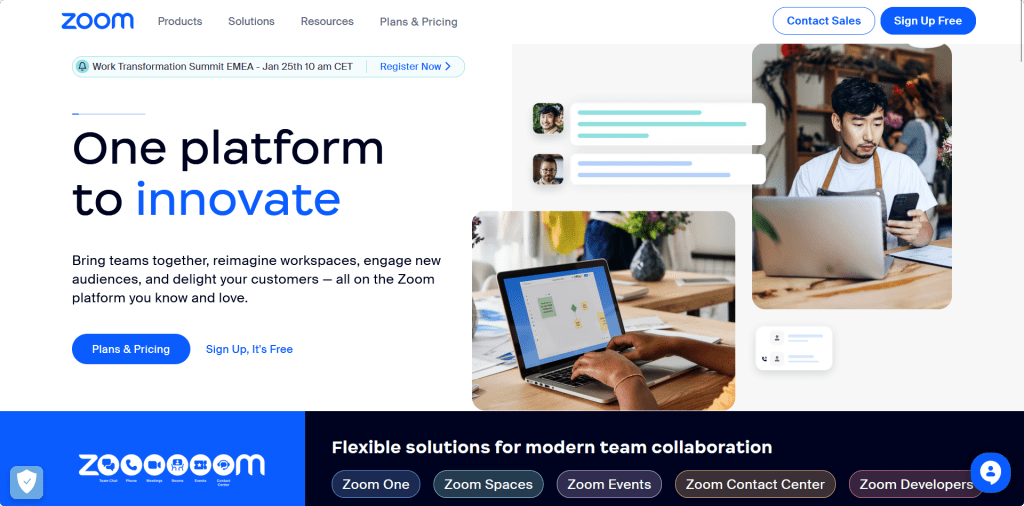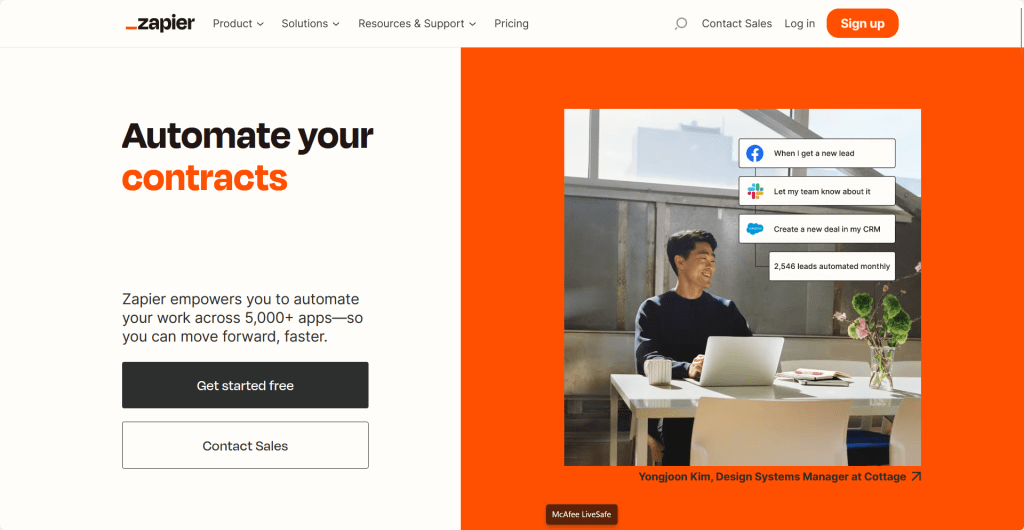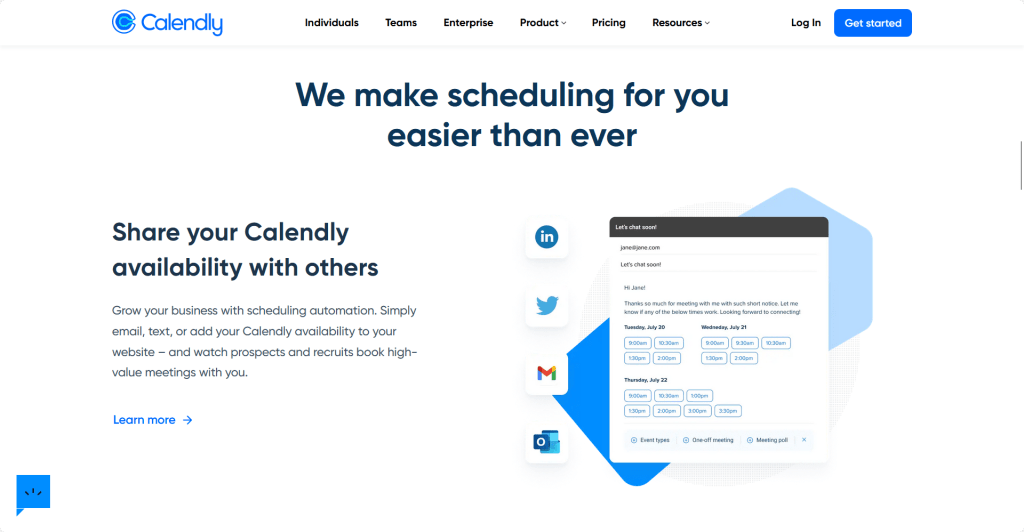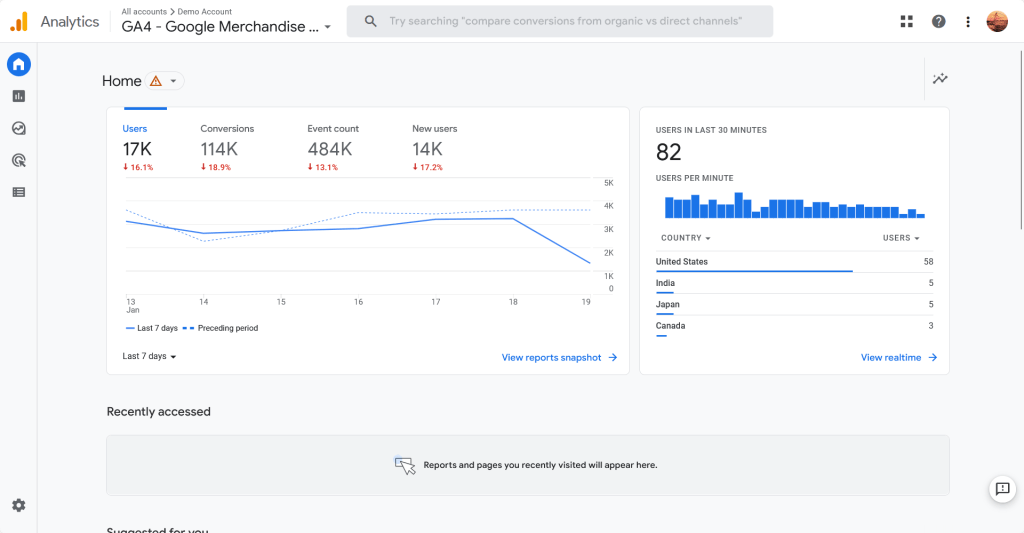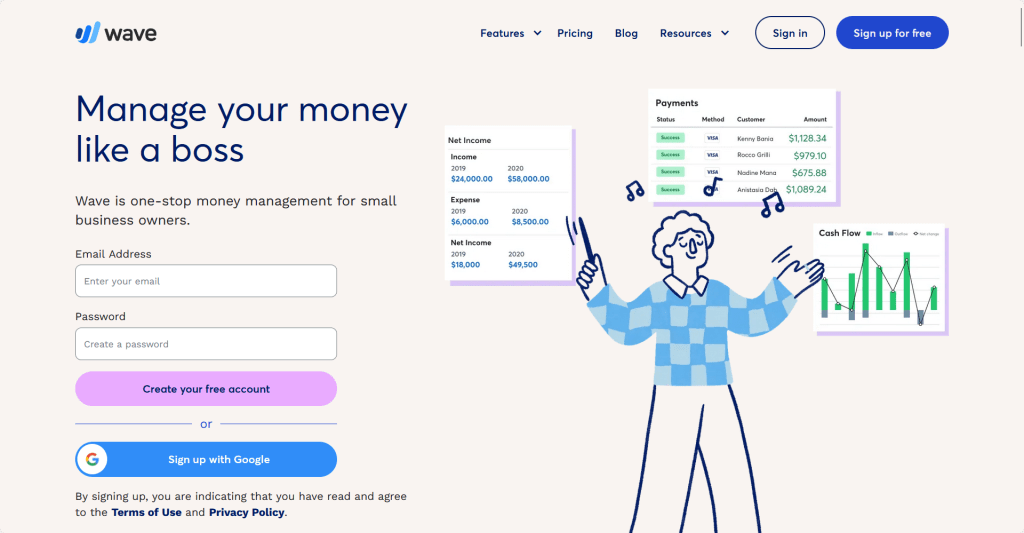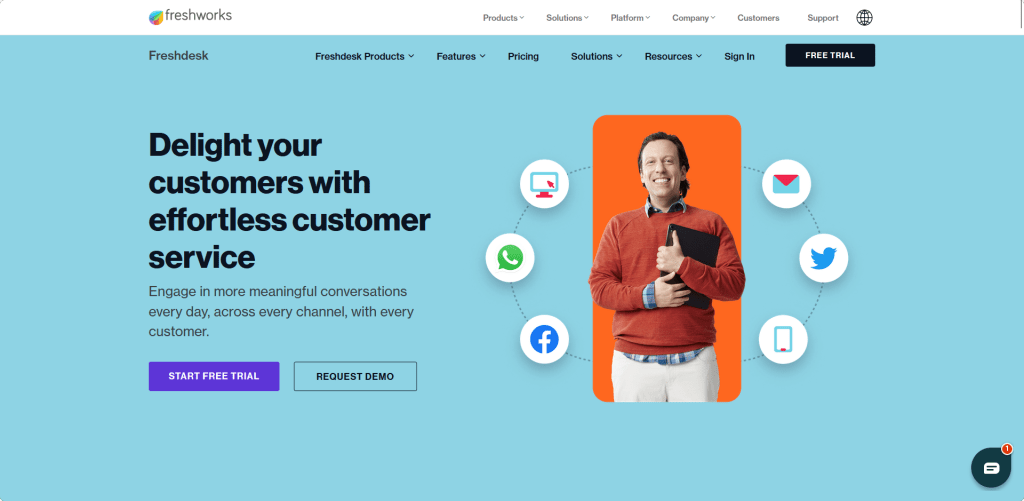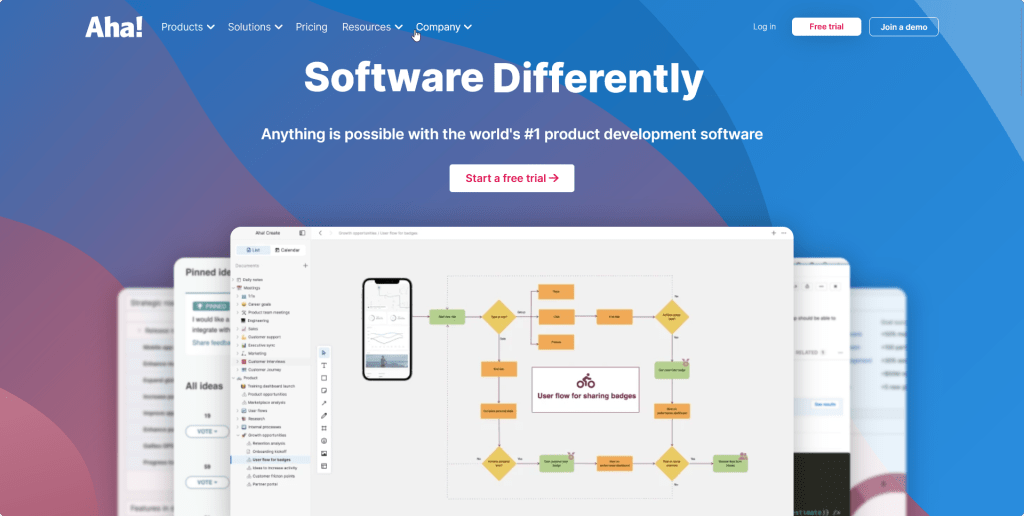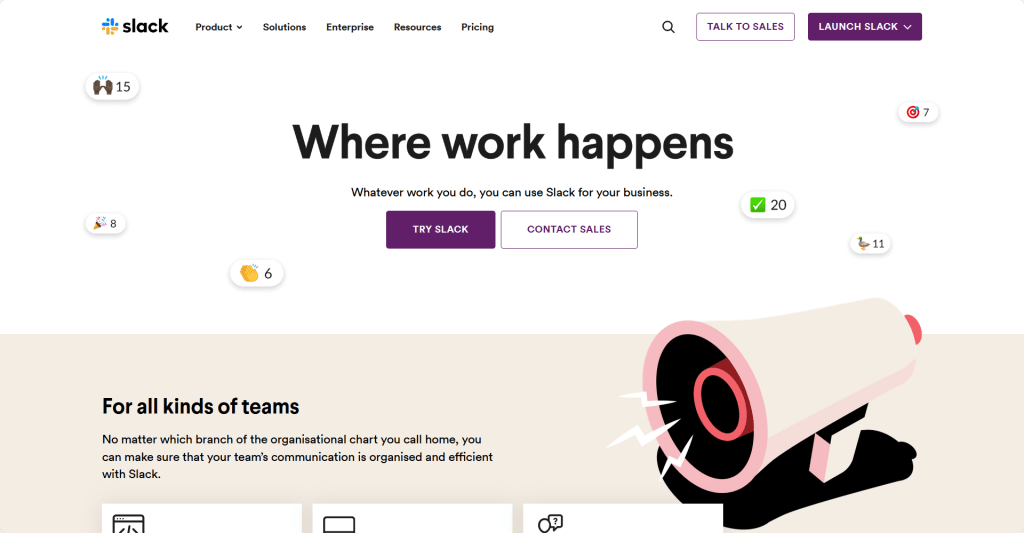Payment Gateways For Startups
Introduction
Online payments have become a part of our daily transactions in no time. India has Leading fintech companies who are provide payment gateway for startups. The payment gateway is a software that authorizes you to conduct an online transaction through different payment modes like debit card, credit card, UPI, net banking. It acts as a technology partner between the customer and merchant, ensuring that confidential information such as credit card numbers entered on an e-commerce website is passed securely and promptly from the customer to the acquiring bank via the merchant.
However a payment gateway service can be provided by banks directly or a payment gateway for startups as a service provider authorised by a bank. Thus they manages fraud and protects merchants from insufficient funds, expired cards, exceeding credit limits. The key players involved in the payment process includes the following:
- Merchant: Merchant sells goods and services to the customers.
- Customer: A customer or cardholder accesses the product or service offered by the merchant.
- Issuing bank: Issuing bank is the customer’s bank that issues debit or credit on behalf of card schemes (visa or MasterCard).
- Acquirer(Acquiring bank): It is the financial institution that maintains the merchant’s bank account.
Following are the Leading payment gateway for startups in India
1. Instamojo:
Instamojo is one of the most significant on-demand payment gateway for startups & retailers, and user-friendly dashboards started in 2012. It is a free payment gateway in India with no maintenance cost. It is super easy to set up for startups to sell and collect payments online across mobile and web without the requirement of any physical network. Any seller with a bank account can register at Instamojo and start selling digital goods and get paid. The bank account, phone number, and PAN card remain the only requirements. It reduces the gap between buyer and seller, thereby helping startups to find the right customers. You can download the Instamojo app via the play store on your android devices.
2. CC Avenue:
CC Avenue is one of the best preffered payment gateway for startups because it supports almost all banks and payment options. The company started in 2001, allowing customers to use major credit cards such as Visa, MasterCard, Diners Club, Amex. It has 200 + payment options like Analytics, Audit, Multiple Currency Processing. It’s highly reliable, comes inbuilt with a dashboard and real-time analytics. With CC Avenue, you can get admission to services in the leading worldwide marketplace as it supports 27 major currencies. High-volume E-Commerce websites like Snapdeal, Myntra, Naukri uses it.
3. PayU:
PayU is fast to set up, allows you to upload documents directly onto their site for the verification process, and you can go live exceptionally quickly. When it comes to PayU, you will be offered different pricing packages. Each package has other characteristics such as store card features, IVR payment, Multi-currency gateway, payment analytics. PayU India rebranded both its products-PayU enterprise and PayU money to establish them as transparent independent businesses. Now, PayUbiz is used by large companies such as Snapdeal. PayUMoney is designed for small businesses and startups and comes with a wallet service, email invoice feature, a free website, and doesn’t require any technical knowledge. The platform is integrated with some of the top e-commerce players of the country, like Snapdeal and Jabong.
4. DirecPay:
DirecPay is one of the most integrated payment gateways having simple registration and multiple payment options. It enables accepting payments through cash, cheques, demand draft, and online payments through different payment modes such as debit cards, credit cards, and internet banking. Our services offered Indian merchants access to this platform quickly and conveniently who conducted online business and contributed to a massive market for retailers desiring to sell online. Mainly, PolicyBazaar, Indiatimes, Google India, Paytm uses DirecPay.
5. Cashfree:
Cashfree is one of the cheapest payment gateways. It supports businesses to collect and distribute payments through different payment methods, including Visa, MasterCard, Rupay, UPI, IMPS, NEFT, PayTM & other wallets, Pay Later, and various EMI options. It offers the lowest TDR in India and has the fastest settlement cycle of 24 hours to 48 hours. Cashfree is among the best free payment gateway for a website in India as it helps to analyze your website’s designation and offers pop-up, iframe, flawless sign-out methods. Moreover, it can also work as an International Payment Gateway.
6. RazorPay:
RazorPay is one of the topmost payment gateway for startups, founded in 2013 with headquarters in Bangalore. It’s super easy to set up and has a simple interface. One can easily collect domestic and international payments and access all payment modes like credit cards, debit cards, net banking, UPI, wallets. It also facilitates end-to-end money movement easier. Another attractive feature about RazorPay is sending customized emails to subscribers, reminding them about future payments or failed transactions. Further, it automates bank transfers, shares invoices, and provides working capital loans for its users.
7. Paypal:
Paypal is a globally recognized and trusted payment gateway. It can undoubtedly be the first choice for startups that expect a large number of international payments. Customers can use PayPal to transfer money to and from a bank account, get the working capital loans, receive payments. It is easy to request and send payments on the platform and allows customers to generate invoices and receipts. It also enables clients to pay in whatever method they want, like debit card, credit card, PayPal, PayPal Credit. Paypal facilitates phone transactions and also helps to integrate with social media accounts.
8. Stripe:
Stripe is a comprehensive payment platform that efficiently works with subscription businesses, brick-and-mortar stores, E-commerce websites, even virtual marketplaces. It facilitates transactions in more local currencies. It also has an isolated infrastructure for storing, transmitting, and decrypting. Stripe boasts of strict security and compliance, so clients need not stress over fraudulent transactions. This gateway makes it conceivable with its AES encryption. There are no setup fees, monthly fees, or hidden fees for using Stripe. It accepts SEPA Debit, SOFORT, iDEAL, and AliPay. Stripe can help you to reach customers all over the world.
9. Payoneer:
Payoneer is a payment gateway that allows you to receive mass payments from marketplaces and customers all around the globe. It is a swift, secure, and cheap gateway that gives all the solutions for startups. It gives you an option of automatic fund transfer to your bank account at competitive rates. Compared to other gateways, Payoneer charges lower transaction fees. It supports around 200 countries and 150 local currencies. Once you get your funds from Payoneer, you can channel your funds to your bank account and withdraw them in your local currency.
10. Authorize.net:
Authorize.net is the leading payment gateway that consists of the most simplified payment process, enabling you to accept electronic and credit card payments quickly and efficiently anytime and everywhere. It comes with a free setup and low monthly gateway fees. It supports recurring billing, timely services to its clients, and many payment types like Visa, MasterCard, Amex, JCB. Authorize.net’s other services include simple checkout options, account updater, advanced fraud detection, customer information manager, online invoicing.
Since e-commerce is growing speedily in India, the selection of a good payment gateway is mandatory. Almost all startups have moved over to online payment options to reach out to the global market and make online transactions quick and easy for their customers. A good payment gateway can help to protect your consumers from any safety breaches and ensure a secure transfer of funds from the payment website. Depending on the number of transactions, security of your site, and pricing, you can choose a gateway that’s best for your startup.
Before starting a new business, you need to organize many things, and having a startup checklist during this time would be fully useful. Our startup checklist blog discusses six major checklists to consider while launching a startup.
If you have any doubts regarding how to start a new venture, Contact us. We look forward to hearing from you!



